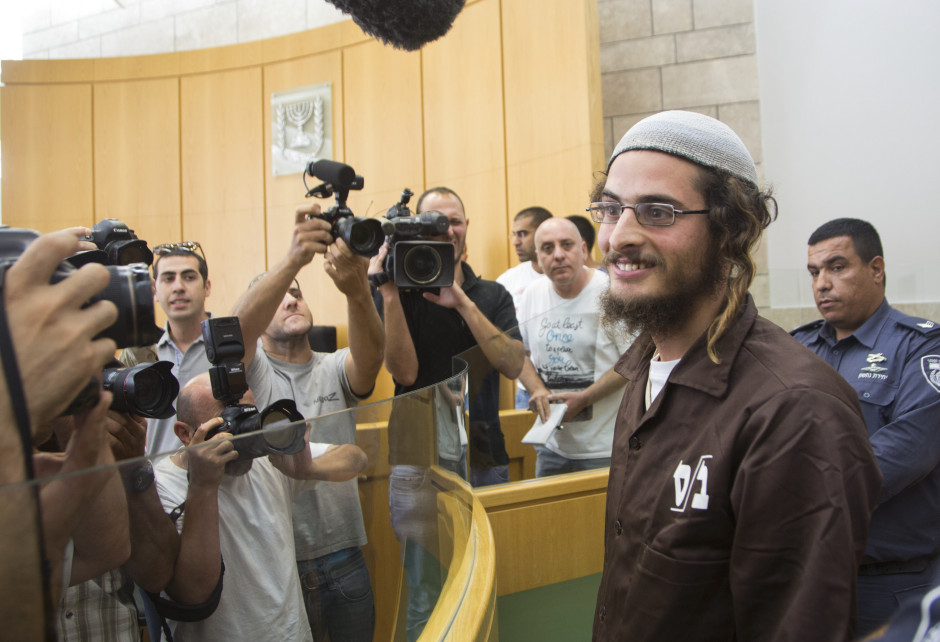Israel’s crackdown on Jewish terrorists has yielded tangible results of late, but Israel continues to be plagued by the troubling phenomenon of Jewish extremism.
On November 30, a district court in Jerusalem found two Jewish teenagers guilty of murder in the kidnapping and murder of Muhammed Abu Khdeir, a 16-year-old Palestinian whose bludgeoned and burned corpse was discovered in a forest near Jerusalem in the summer of 2014.
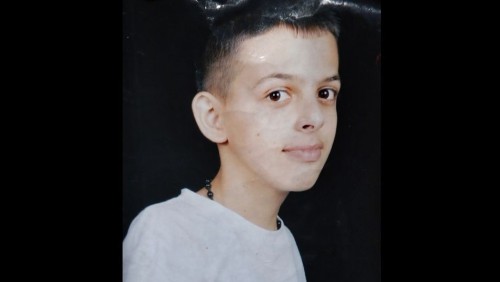
The tension generated by this incident inflamed Palestinians and may have contributed to the outbreak of the Gaza war.
What’s clear is that the teenagers had fallen under the baneful influence of ringleader Yosef Haim Ben-David, 31, a shopkeeper who will face a judge following a psychiatric evaluation.
The threesome randomly targeted Khdeir, a resident of East Jerusalem, to avenge the murders of three Jewish teens — Eyal Yifrach, Gilad Shaar and Naftali Fraenkel — who had been abducted and killed earlier that year by Palestinians loyal to Hamas.
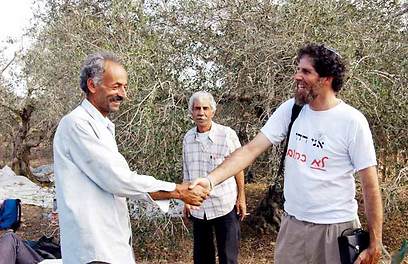
On October 23, Rabbi Arik Ascherman, the executive director of Rabbis for Human Rights, was attacked as he helped Palestinian farmers in the West Bank harvest their olive crop. The assailant was a Jew, according to witnesses.
These cold-blooded murders are indicative of the fact that Jewish extremism — which has troubled Israeli society periodically since the early 1980s — is a blight on democratic norms in Israel.
Israel’s decision to clamp down on extremists was precipitated by a series of recent incidents.
Last November, the Max Rayne Hand in Hand School, a Jewish-Arab educational institute in Jerusalem, was torched and desecrated by three men: Yitzhak Gabai, 22, and Nahman and Shlomo Twitto, aged 19 and 21.
Last July, the Twitto brothers, who hail from the West Bank settlement of Beitar Illit, were sentenced to two-and-a-half years in prison and forced to pay the school $6,450 in compensation.
Yesterday, Gabai received a sentence of three years, convicted of arson, incitement to violence on social media and carrying an illegal weapon.
The trio were members of Lehava, a far right-wing organization dedicated to preventing fraternization between Jews and Arabs. Israel’s president, Reuven Rivlin, has compared Lehava’s activities to “rodents gnawing under the democratic and Jewish foundation of Israel.”
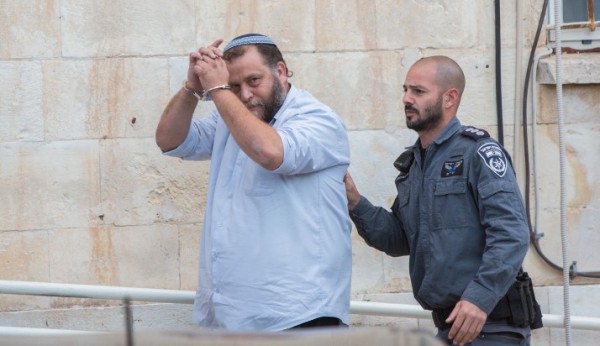
Public Security Minister Gilad Erdan has said that Israel is mulling the possibility of banning Lehava, which is headed by Bentzi Gopstein, an extremist who has allegedly urged followers to burn churches in Israel. Yuli Edelstein, the Speaker of the Knesset, has seconded Erdan’s call to ban Lehava, which frowns upon business and personal relationships between Jews and Arabs.
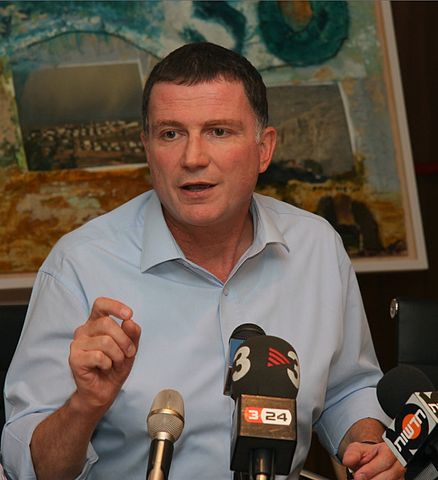
The Israeli government has also indicted five young men suspected of having torched the Church of the Multiplication of Fish and Loaves on the shores of the Sea of Galilee.
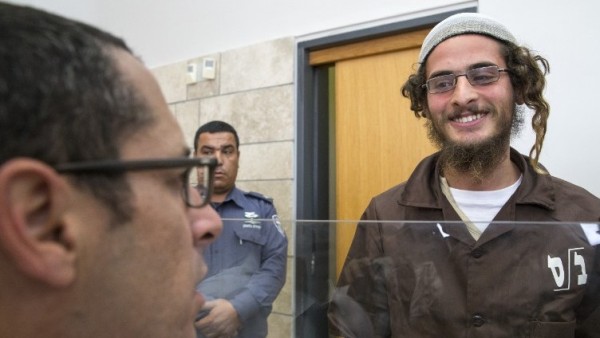
The suspects belonged to an ultra-nationalistic group known as the Hilltop Youth, a loose network of settlers who live in illegal outposts in the West Bank. Espousing a blend of Orthodoxy, messianism and environmentalism, they pioneered the Price Tag doctrine, which exacts violence on Palestinians in retaliation for Israeli government demolitions of unauthorized buildings in outposts.
During a gay pride parade in Jerusalem, Yishai Schlissel — a member of the anti-Zionist haredi community– stabbed to death 16-year-old bystander Shira Banki. Known to police, Schlissel had just been released from prison after serving almost a decade for a nearly identical crime he committed in 2005.
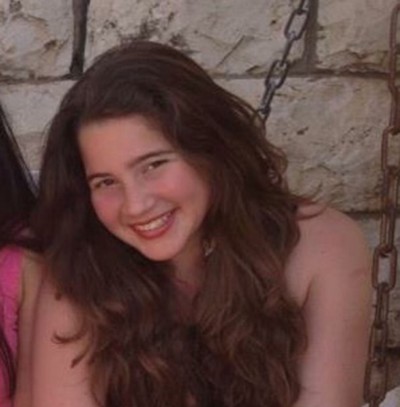
In what is probably regarded as the most heinous attack to date, Jewish terrorists on July 31 firebombed a Palestinian home in the West Bank village of Duma, killing 18-month-old Ali Dawabsheh and his older brother and their parents. This incident created a wave of indignation among Palestinians.
Two months ago, Defence Minister Moshe Yaalon announced that the Israel Police and the Shin Bet security service have identified the attackers, but lack sufficient evidence to convict them.
Two of the suspects are Eviatar Slonim and Meir Ettinger, the grandson of Meir Kahane, the late founder of the Jewish Defence League and of Kach, an Israeli political party banned by the government. Ettinger and Slonim are being held for six months under administrative detention orders, which date from the British Mandate in Palestine.
In the meantime, the Shin Bet and the Israel Police have issued restraining orders on 10 yeshiva students suspected of being extremists. They’ve been prohibited from entering the West Bank or Jerusalem for a six month period.
The specter of Jewish terrorism has angered Israeli cabinet ministers who normally adopt positions well to the right of Prime Minister Benjamin Netanyahu. Education Minister Naftali Bennett and his colleague, Justice Minister Ayelet Shaked, both from the Jewish Home Party, have expressed support for imposing the death penalty on Arab and Jewish terrorists. Netanyahu, however, opposes their proposal, and he’s likely to prevail.
Capital punishment is legal in Israel, but only one person, Nazi war criminal Adolf Eichmann, has been executed in the Jewish state.
